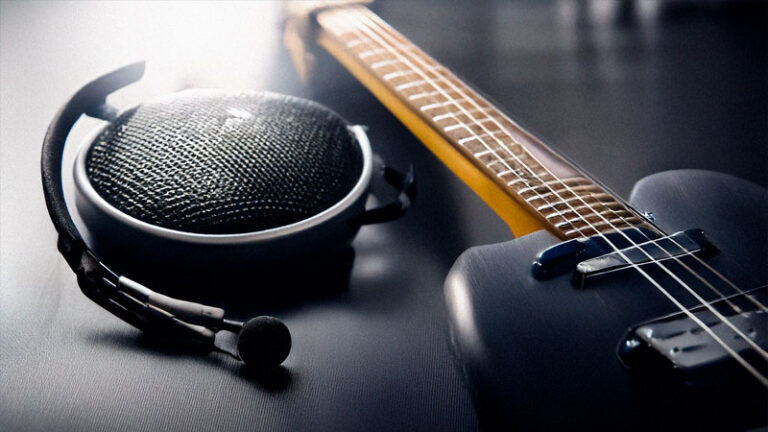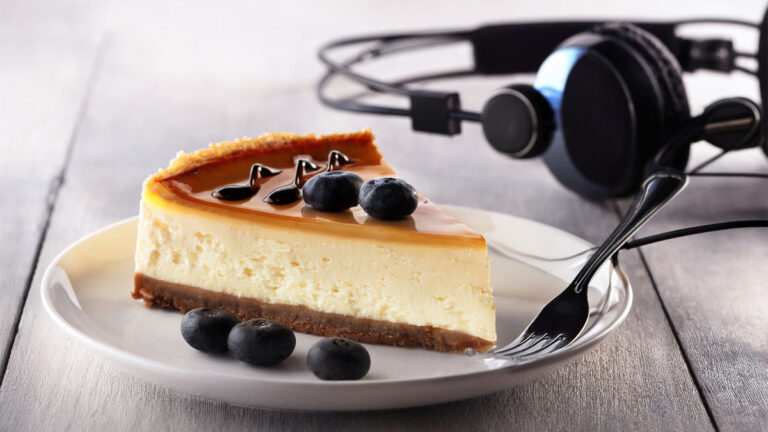When School Meets Sound
For students, life in 2025 is a whirlwind of classes, deadlines, and endless digital distractions. Music has always been a companion – whether it’s blasting playlists before a big game or using calm instrumentals to get through late-night study sessions. But in recent years, music has become more than background noise. It’s now a productivity tool, a stress reliever, and in some cases, a business opportunity for creative students.
Balancing academics and the rest of student life, though, isn’t simple. The line between focus and burnout gets thin when you’re juggling schoolwork, part-time jobs, social life, and even side gigs. That’s why so many students rely on smart routines and tools to stay grounded. Some turn to meditation, some to planners, and many to music.
Others, when things get overwhelming, explore resources that ease academic pressure. It’s not unusual for busy students to rely on an essay service during crunch time, giving them room to focus on both their studies and passions like music. The balance between learning and living becomes a little more manageable this way!
Why Music Works as a Study Tool
Research shows that music has a direct impact on memory and focus. A 2024 student survey revealed that 68% of college students use music while studying, and over half said it improves their concentration. Why? Because music helps control the environment when everything else feels chaotic.
- Classical or Lo-Fi Beats: Many students use instrumental playlists to block out distractions.
- Lyrics for Energy: Upbeat songs during short breaks can reset motivation.
- Personal Soundtracks: Creating specific playlists for reading, writing, or revising helps the brain recognize “study mode.”
Music gives structure to study sessions, almost like a timer. When a playlist ends, you know it’s time for a break.
The Connection Between Music and Mental Health
Academic stress is real, and it’s increasing. The effects of late nights, high expectations, and performance pressure can take a toll. But music is proven to lower cortisol levels, making it a simple but effective way to reduce anxiety.
Think about it: after a long day, putting on headphones can create a private world where stress feels a little lighter. That’s especially true for students who feel overwhelmed by constant noise – whether from academic pressure, dorm life, or deadlines.
In fact, student wellness centers often recommend music therapy as part of stress management. For those who can’t find the words to describe how they feel, music steps in as a form of emotional release.
Juggling Deadlines, Playlists, and Priorities
The biggest challenge for students isn’t a lack of talent or drive – it’s time. Assignments pile up, exams sneak in, and before you know it, the semester feels like a blur. Music helps structure daily life, but it can’t write a paper or complete a presentation.
That’s why support systems matter. Annie Lambert, an expert in the essay writing service field with EssayPro, notes that students often underestimate how important it is to combine academic help with personal wellness. “When students lean on resources responsibly,” she explains, “they create more time to focus on areas that give them energy, like music or creative outlets.”
In practice, that might look like getting help with written assignments during finals week while still attending rehearsals, concerts, or simply keeping up with mental health through music breaks.
Music and Productivity Apps: A Modern Duo
Today’s students mix music with technology in creative ways. Study apps now integrate Spotify or Apple Music so that playlists sync with focus timers. For example:
- A 50-minute session of writing paired with a curated Lo-Fi playlist.
- A 10-minute break with energizing pop or rap tracks.
- Background ambient sound apps that blend rainfall, piano, and soft beats for concentration.
This combination of apps and playlists turns study time into a system that feels less like punishment and more like flow.
When Music Becomes More Than Just Background
For some students, music is more than a tool – it’s a passion that evolves into opportunity. Universities are now filled with students launching YouTube music channels, uploading beats to SoundCloud, or DJing at campus events. These projects do more than build resumes; they give students a creative escape from academic stress.
But balancing academics and creative passions is still tricky. Many music-driven students rely on organization techniques like:
- Time blocking: scheduling both study sessions and creative hours.
- Prioritizing deadlines: keeping track of what can’t be moved (like exams) vs. flexible projects.
- Combining tasks: listening to their own mixes while revising lecture notes.
The result? Music becomes part of their identity without overwhelming their academic journey.
Real Student Stories: Where Music Helps Most
Surveys conducted in 2025 show clear trends in how students apply music to their routines, where 64% of students who use music are studying for exams, 53% of listen while doing writing assignments, 78% use music to relax after class, and 82% listen to music while exercising.
One student explained that playing classical piano while revising made information “stick” better. Another said that high-energy playlists before group projects helped create focus and confidence.
This shows that music is less about genre and more about personal rhythm – the type of sound that sets the mood for the task at hand.
Music, Balance, and Academic Support
While music is powerful, it isn’t magic. Students still face deadlines, exams, and research-heavy projects. That’s where balance comes in. EssayPro, for example, has noted that students who combine academic tools with personal strategies like music report 25% lower stress levels during finals.
Here’s how students often combine the two:
- Using music for focus while drafting essays.
- Seeking external support when workloads become overwhelming.
- Carving out time for breaks with playlists designed for relaxation.
The key takeaway is that students don’t have to choose between productivity and passion. With planning and the right support, they can enjoy both.
The Future of Music and Student Wellness
Looking ahead, universities are investing more in student wellness programs that integrate music. Expect to see:
- Campus “sound rooms” are designed for relaxation and focus.
- Music therapy workshops during finals week.
- Partnerships between student musicians and mental health organizations.
The future isn’t just about studying harder – it’s about studying smarter, and music will remain part of that journey.
Wrapping Up: Finding Your Own Rhythm
Music has always been a lifeline for students, but in 2025, it’s more powerful than ever. It helps with stress, boosts productivity, and even creates career opportunities for the creatively ambitious.
But it also needs balance. With deadlines and assignments always looming, the smartest students combine the comfort of music with academic support, ensuring nothing slips through the cracks.
Whether it’s through playlists, productivity apps, or resources like an essay service, students are learning to create space for both their studies and passions. Music doesn’t just fill the silence – it creates the rhythm that helps students thrive!





